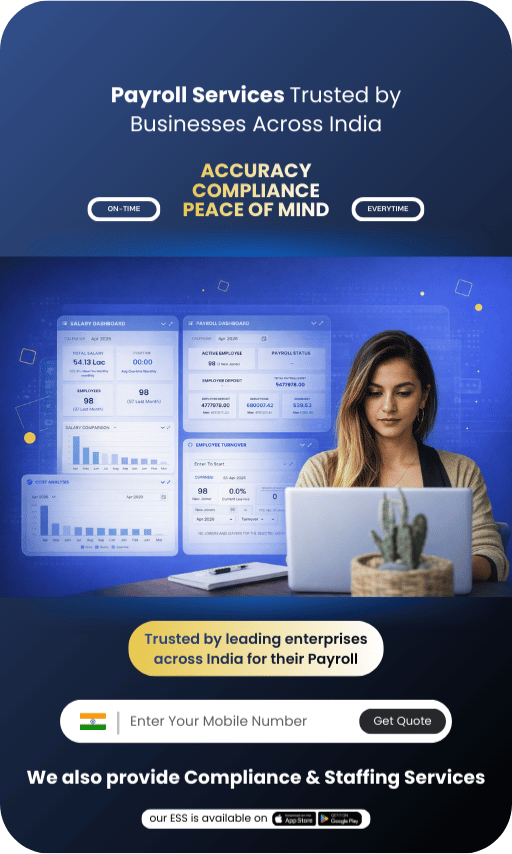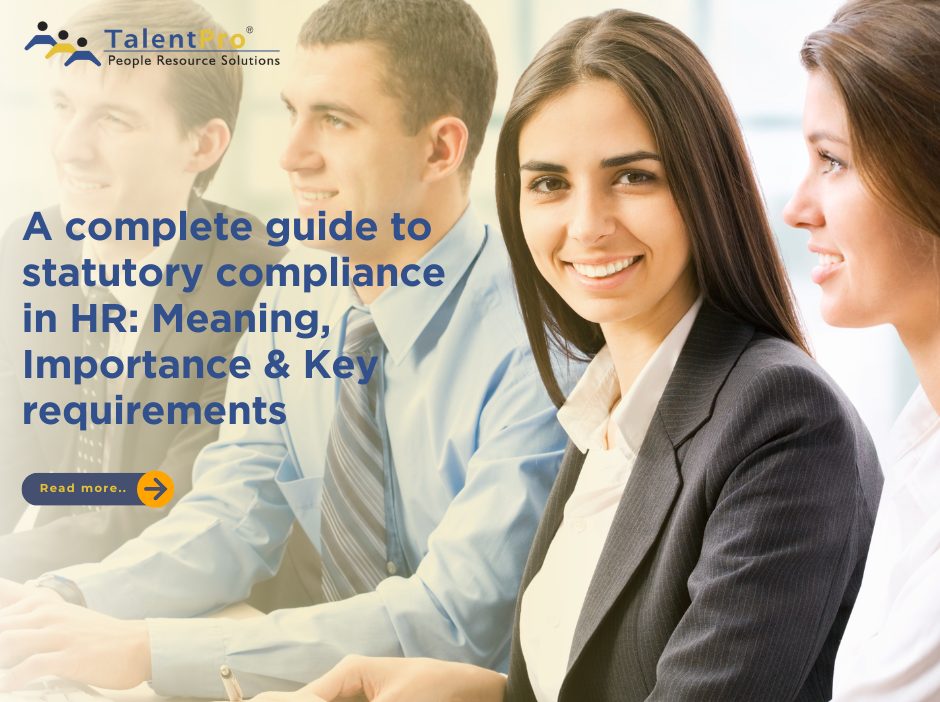It’s vital for HR today to exercise caution to keep errors that occur in people management can at bay. We highlight a few goof-ups and ways to deal with them
More hires, less time
According to P S Srikumar, VP, TalentPro India, very often, HR managers recruit under stress. A department in dire need of people puts undue pressure on the recruitment division and many times, this results in a hiring mistake, as under such circumstances, the aspirations of the candidate may not commensurate with the needs to the role. A wrong hire is worse than having that position vacant. The recruitment carried out as a short-term solution to filling a vital position or in haste often creates more significant problems, as, under such occasions, HR is unable to map a career path for candidates, and this, in turn, leads to further attrition.
HR, the “administrative” manager
The mention of the word HR brings to mind the picture of a person who conducts induction sessions, checks payrolls and monitors attendance records, right? Even after the drastic changes that have taken place in the workplace, many HR managers are still stuck in this pre-defined role even today. According to Satyanarayana Vinjamoori, head – human resources, ADP India, the focus of HR is on administrative functions even today. HR managers usually tend to focus on hiring numbers, attrition rates, payrolls, attendance records, etc. Instead, HR has to step back and focus on ‘what can we do that would help the business achieve its goals’, which usually translates to better productivity, more business, etc.
Less consideration to generational differences
Imagine a workplace where one set of people come in strict formals, have a very conservative approach towards work and compensation and think only about work while at the office! And another set of people who reach office in trendy casuals, flaunt their smartphones, tune to iPods at their desk or catch up with friends online and simultaneously do their work! This is today’s workplace – a meeting ground of people from different generations. HR fails to acknowledge the generational differences and tends to draft organisational agendas that are not in alignment with the needs of the multi-generational workforce. Experts suggest that a one-size-fits-all policy will longer work in today’s dynamic working environment and hence, strategies need to be formulated keeping these factors in mind.
Knowledge trickles from top! Really?
According to Subrat Chakravarty, HR head – business services, HCL Technologies, a common mistake made within the organisation is the belief that knowledge resides at the top. It is imperative that we recognize that the knowledge that resides with the employees are an organisation’s most valuable asset. HR managers have to play a pivotal role in inverting the organisational pyramid. They have to create an intrusive environment and emulate the concept that employees are the key and must develop a framework of processes, policies, and ways of working to support, provide knowledge, empower them, and recognize and reward them,” adds Chakravarty










